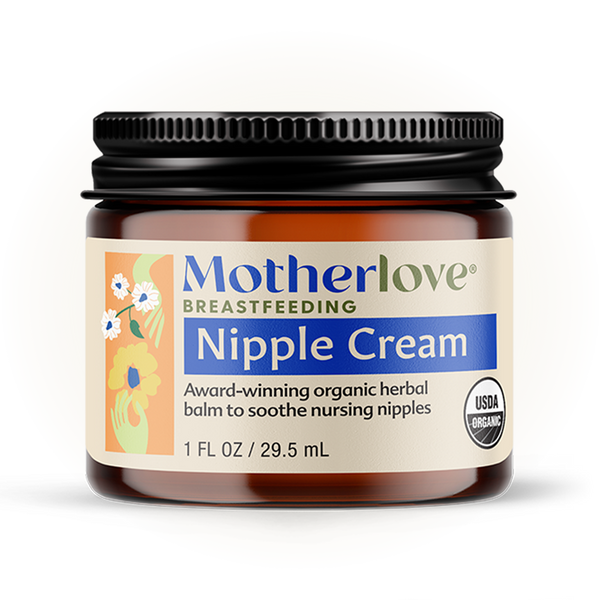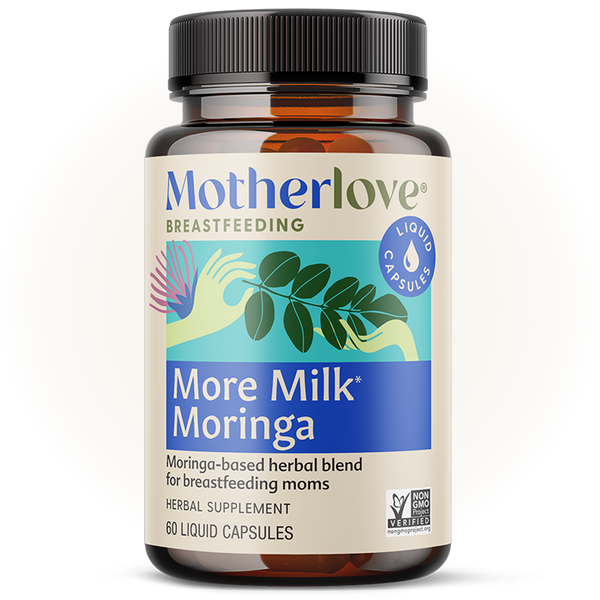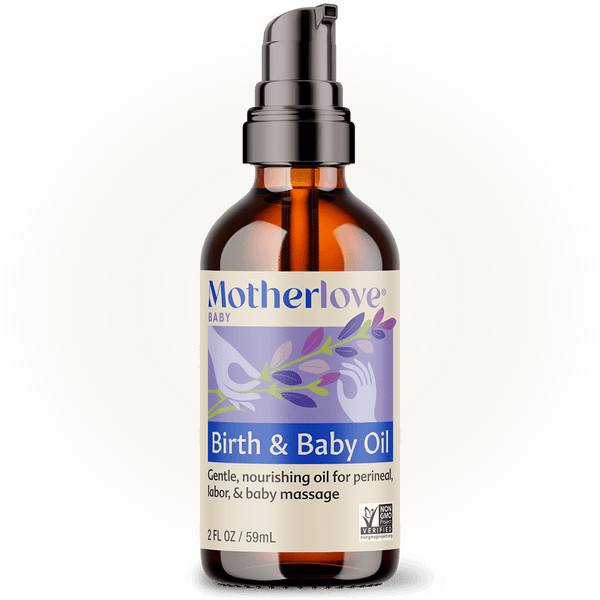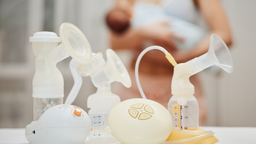Written By: Wendy, IBCLC
I’ll never forget Carrie* and her little baby boy. Carrie had been trying diligently for weeks to successfully breastfeed her son. But almost every time she offered him the breast, he’d turn away and clamp his mouth totally shut. Sometimes he’d latch on for a few seconds and suck, but he’d soon get frustrated and start to cry.
Carrie had tried everything. She was pumping full-time and had been usually feeding him pumped milk with a spoon or with a supplemental nursing system. Her baby had been evaluated for tongue tie and other sucking issues. She could pump plenty of milk and her son was very well fed and happy, but just wouldn’t latch for more than a few seconds.
She was desperate to make this work, and was willing to try anything. So I asked her what she was doing that coming weekend. She had no plans other than to continue her pumping/feeding/trying to latch routine. I told her to try something completely different. I recommended that she try a nursing vacation, meaning that she’d take the weekend to snuggle up in bed with her baby.
The idea was that she’d not make any other plans and have her spouse do all the household chores and meal prep. Her only job was to lie in bed, skin to skin with her newborn, rest and feed. She could pump if he didn’t latch and her breasts got full. She could feed him bottles if he fussed or didn’t get much out of her breasts while suckling. But the bottom line was that she’d give her baby open access to her breasts, letting him nurse as frequently and as long as he wanted, even if that meant just a few minutes at a time.
The following Monday morning Carrie reported back to me that a miracle had occurred. Her baby had breastfeed all weekend, and she hardly had to supplement him at all. All it took was a cozy, milk, uninterrupted weekend in bed.
WHAT IS A NURSING VACATION?
A nursing vacation—sometimes called a nursing holiday—is when you spend a weekend (or a few days in a row) in bed doing nothing but resting, and nursing, preferably while both you and your baby are skin-to-skin. Lactation consultants and other breastfeeding support people often propose this when a breastfeeding/chestfeeding parent is running into a problem like a nursing strike, a baby who is having trouble latching, or a drop in milk supply.
WHAT IT'S USEFUL FOR
Nursing vacations help babies and breastfeeding parents get back to the basics, and it allows parents to rest and pay attention to baby’s feeding cues. It removes some of the busyness and stress from life and focuses on snuggling and love, which promote breastfeeding and help parents and babies tap into their breastfeeding instincts.
There are various situations where a nursing vacation might be recommended, including:
- When your baby is refusing to latch
- When your baby is having a nursing strike
- When you’ve had a sudden drop in milk supply due to stress or decreased nursing/pumping
- When you want to get nursing back on track for any reason
BENEFITS OF A NURSING VACATION
Nursing vacations allow your baby to have more access to your breasts, promote skin-to-skin time, and can be relaxing to both you and your baby. Some of the benefits of a nursing vacation include:
- Skin-to-skin time can release oxytocin (the “feel good” hormone), which can decrease your stress and also help with your milk “let down” (milk release)
- In babies, skin-to-skin has time has been linked with improved suckling and decrease crying, both of which can promote breastfeed success
- Holding a baby skin-to-skin can help the baby tap into some of their infant reflexes—such as rooting, suckling, and stepping—many of which can facilitate breastfeeding
- Resting and letting go of responsibilities for a few days can improve stress in parents; stress causes our cortisol levels to increase, which can cause a decrease in oxytocin, potentially lowering milk supply
- Resting in bed is a chance to bond more deeply with your baby
- Resting in bed gives you a chance to get to know you baby’s feeding cues better
- Having uninterrupted time with your baby can encourage you to feed on demand rather than following a strict feeding schedule
HOW TO HAVE A NURSING VACATION
There’s no one “right” way to have a nursing vacation. For example, if you don’t have much household help, or if you have other kids to tend to, it can be harder to spend an uninterrupted few days in bed. That’s okay—the idea is to do your best to simplify your life for a few days and spend restful time, skin-to-skin with your baby.
Here are some elements of a nursing vacation to consider:
- See if you can put aside 48-72 hours or so where you do little else besides rest in bed with your baby
- Spend the time either topless or with clothing that doesn’t cover up most of your skin
- Strip you baby down to their diaper; if they get cold, you can drape a blanket over their body while you nurse them
- Either prepare your meals and snacks beforehand or have someone available to give them to you
- Allow older kids a little extra screen time, or whatever keeps them happy and out of your way, just for those few days
- Allow your baby to have unlimited access to breastfeeding
- Don’t follow a breastfeeding schedule; breastfeed as often as your baby likes
WHAT IF YOU NEED MORE HELP?
It should go without saying that nursing vacations don’t solve every nursing problem. If you have a milk supply issue that isn’t primarily caused by decreased nursing or pumping, but by a medical issue, a nursing vacation won’t be able to address your milk supply issue. Babies who have suckling issues, because of tongue ties or medical issues, might not be helped much by a nursing vacation. If your baby has rarely latched in the past and relies on milk supplements, you shouldn’t stop feeding them during a nursing vacation.
Nursing vacations are best for situations where your milk supply dropped and needs a boost, your baby previously nursed well and is refusing the breast, or a baby who latches sometimes, but needs some more latching practice. If you are having any kind of breastfeeding challenge, it’s best to be in touch with a breastfeeding professional as you embark on your nursing vacation.
That being said, as I have personally witnessed many times in the past—including personally when my own baby had a nursing strike—nursing vacations are one of the best ways to get breastfeeding back on track. And all nursing parents deserve a vacation every now and then, right?
*named changed for confidentiality







